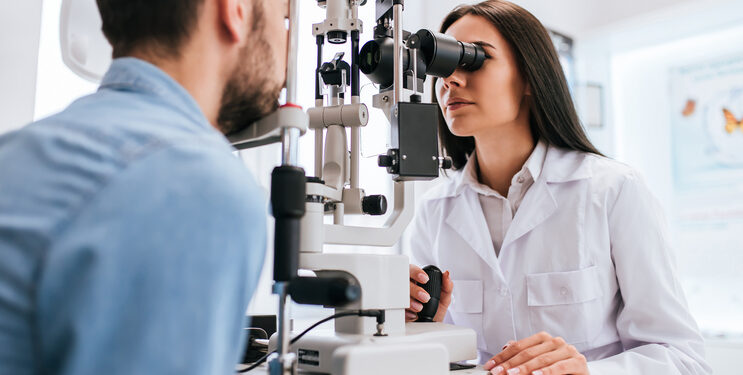My eye doctor is the first thing you would call when your eyes start to go blurry. As a professional medical professional you know how important it is to check up on the condition of your eyes at regular intervals to determine the cause and to prevent any further damage to your eyes. The sooner you can detect the problem the better, and the earlier treatment can commence.
In most cases, you can tell if you need to get your eyes checked out by your my eye doctor fairly quickly, and can probably spot the signs yourself. If your eyesight starts to change in a noticeable way or if you notice that your glasses aren’t fitting any more comfortably, then your eyes need attention.
Your my eye doctor can examine your eyes in order to determine what’s causing your eyes to become blurry. They can use an instrument called an ophthalmoscope to look into your eyes and examine them from a very high angle. This instrument can be used to determine the degree of blurriness that is occurring in your eyes. When your ophthalmoscope shows you that there is not much of a difference between your vision when you are looking at objects that are close up as compared to objects that are far away, it’s safe to assume that the source of your blurred vision is likely due to poor eyesight.
The next step, your doctor will take is to try to determine whether you need to wear corrective eyewear such as glasses or contact lenses. The degree of your vision problems, and the time spent in your glasses or contacts, will determine how effective corrective glasses or contacts are going to be. If you suffer from bad eyesight or poor eyesight but have spent many years in glasses or contacts, you may need to wear corrective eyewear for your entire life to be successful.
Once your eyesight is evaluated and determined to be normal, your ophthalmoscope is adjusted and your eyes are examined by your eye doctor. Your eye doctor may want to perform a few tests before prescribing corrective eye care, including testing you eyesight in a small area where your eye doctor has you stand in front of a computer monitor and view the screen, or if your eyes are not that bad, the ophthalmoscope can be used to examine your eyes without you being present. A prescription may also be needed to see if your vision problems require contact lenses.
You will find that your ophthalmoscope is used more often than your eye doctor is willing to acknowledge. If your eyes don’t perform well after a few weeks, contact lenses may be needed. If your vision is deteriorating and you notice that you cannot wear contact lenses any longer, then you should schedule an appointment with your my eye doctor immediately to find out why this is happening and if corrective lenses are necessary.


